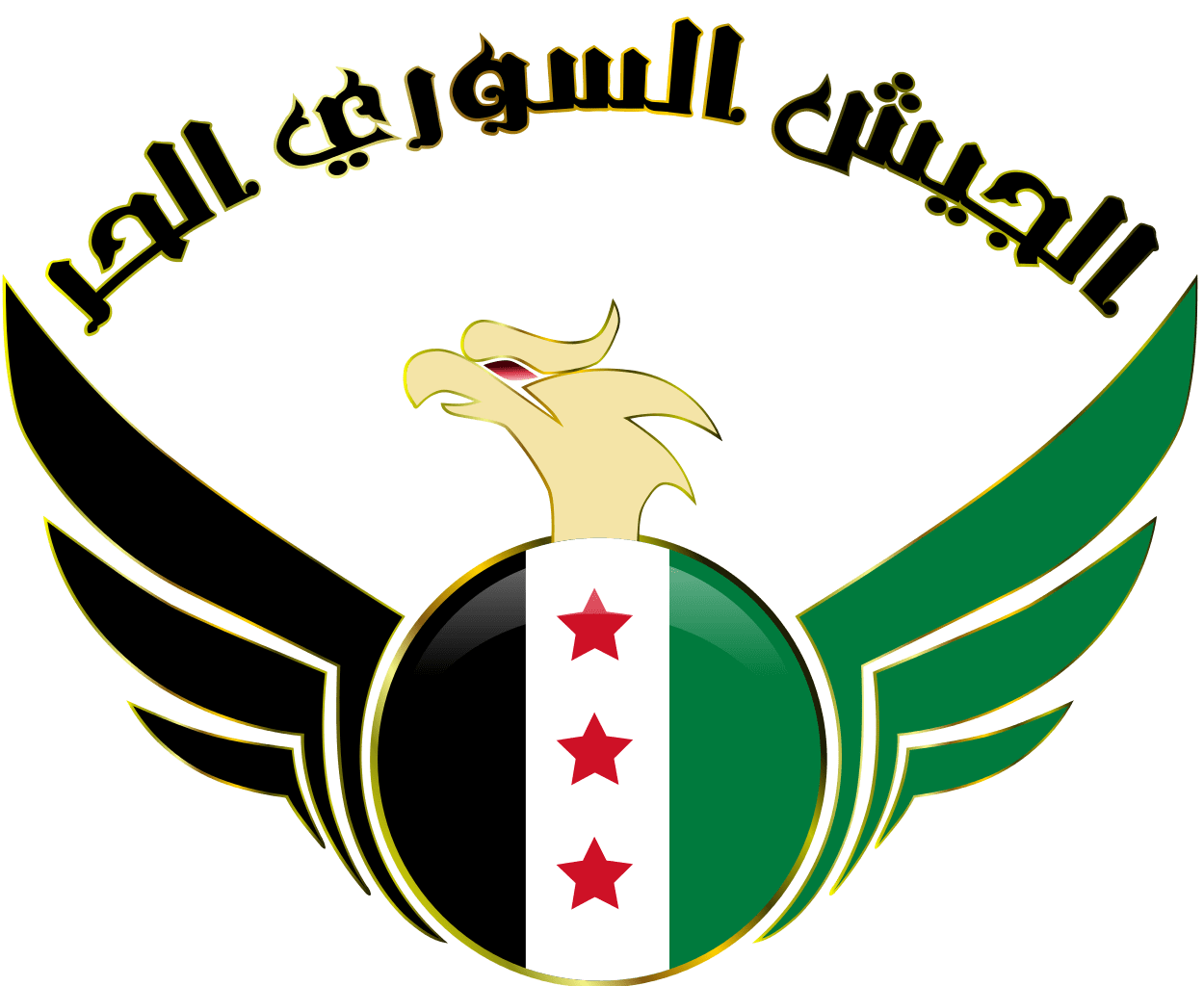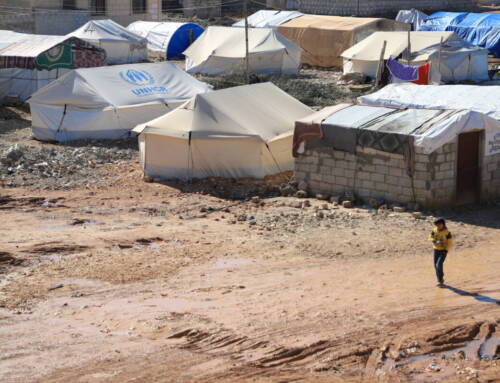Former FSA fighter recounts why he left
With the exception of the Southern Front, the Free Syrian […]
6 May 2015
With the exception of the Southern Front, the Free Syrian Army has largely ceased to be an effective rebel fighting force in its own right.
Here, former FSA fighter Ibrahim al-Haj talks to Syria Direct’s Noura al-Hourani about his personal experience switching between two battalions in the Jabal Akrad area of Latakia before laying down arms and moving to Turkey.
“I, like many other fighters, felt like I wasn’t accomplishing anything,” al-Haj says.
What is the main problem as he sees it? “Funding,” the former fighter says.
Funders have the power to take away your weapons and stop you from fighting if what you’re doing doesn’t benefit their agenda.”
Q: What ended up happening to the two brigades that you fought with?
Both brigades ended up disbanding due to internal disputes between various leaders, which weakened the higher command structure in our area, causing disorder and chaos amongst the fighters. A number ended up leaving to join other brigades or started their own.
Q: Based on your experience, why do you think the FSA is in decline?
Funding. Most battalions fighting on the ground only had access to unreliable funding, or sometimes funding would come in through larger groups that would then siphon off money for specific brigades or groups of fighters that were favored for whatever reason. Many FSA leaders were accused of using funds for their own selfish purposes.
Furthermore, there was very little cooperation and coordination between different FSA factions, which made it difficult for us to operate as a powerful force on the battlefield. Often, instead of fighting the regime, different FSA commanders would take their soldiers to war against each other.
There was also a lot of infiltration within FSA ranks by regime forces who were able to gather intelligence and outmaneuver us. So when we did fight against the regime, we were often beat back.
All of these problems would coalesce and sometimes result in some brigades going months without fighting or really doing anything. In these situations, I, like many other fighters, felt like I wasn’t accomplishing anything. This feeling is eventually what pushed me to switch from the Al-Rahman to the Riyadh al-Abin brigade. I was hoping that the latter would give me more opportunities to fight.
Q: How exactly did poor coordination lead to fighting between different FSA factions?
The FSA Military Council would keep financial support they received a secret from fighters.
This made everyone very suspicious of each other, leading to mutual accusations and finger pointing between different commanders, some of whom felt that they needed to fight and defeat their rivals in order to have enough weapons to be able to survive.
Q: Were you forced to adopt specific ideologies from your patrons in exchange for funding? If so, how did such an ideology affect your brigade?
We received financial support from the Muslim Brotherhood, and in theory, our commanders took up the banner of fighting to restore a modicum of Islamist rule in Syria.
However in reality, we never really fought under their banner or adopted the ideologies they advocated, and they were probably aware of this. We benefitted obviously from the money and funding while they benefitted by being able to say that they were involved in operations on the ground and the struggle to bring down Bashar al-Assad, which increased their clout within their own circles.
Ninety percent of our fighters were young men in their twenties, or younger, who possessed no ideological bent. Many didn’t care about implementing Islamism, they just wanted to get their hands on weapons to overthrow Bashar al-Assad.
However for a lot of other factions, ideology is very important, and failing to adopt one can mean not receiving any funds. This doesn’t just apply to groups like the Muslim Brotherhood, but also donor nations that have supported a lot of FSA and non-FSA brigades.
At times this ideological split between different brigades also served as the cause of disputes between different FSA factions like ours that were relatively non-ideological, and others that were stricter in their promotion of Islamism.
Q: That being said, Islamist brigades are known to provide high financial incentives to their fighters. Why you didn’t join them?
Even within Islamist brigades, it’s not always about the money. Many fighters who join do so for religious and ideological reasons, not necessarily because they received more money.I personally wasn’t interested in getting involved with those types of brigades.
Q: All that said, who controls the FSA on ground?
The funders, of course. They have the power to take away your weapons and stop you from fighting if what you’re doing doesn’t benefit their agenda.







